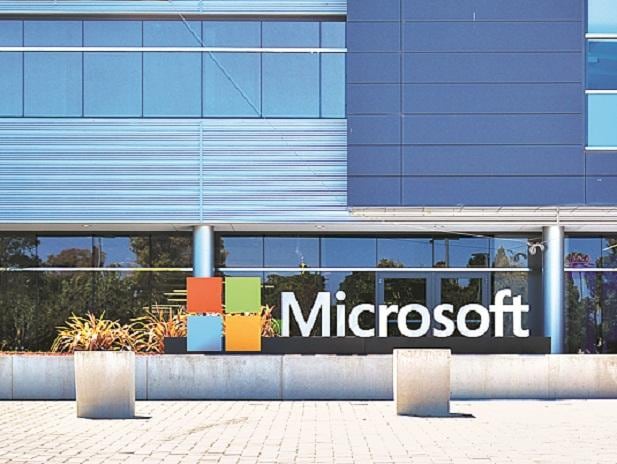Starting Wednesday, a full-screen notification will appear for Windows 7 users, warning them about the end of support.
Technology
News : Microsoft officially ends support to Windows 7 after a
decade. After the debut in 2009, Microsoft is finally ending support
for Windows 7, the popular OS that continues to run on millions of
devices globally.
Microsoft
had been notifying users since last year and starting Wednesday, a
full-screen notification will appear for Windows 7 users, warning
them about the end of support, The Verge notes.
Microsoft
has also urged Windows 7 users to make an upgrade to Windows 10 to
enjoy new features and continued support.
"Today
marks the end of support for Windows 7. Ten years ago, when we first
announced Windows 7 and Office 2010, we focused on delivering the
best productivity experience of the time. But since then, thanks to
breakthrough advancements in technologies like artificial
intelligence (AI), we've been able to build tools to help you take
advantage of new forms of productivity. With Windows 10, the power of
the cloud makes you and your organization more productive and secure
than ever. " the company said in a statement on Tuesday.
To
encourage users to upgrade to the newer Windows 10 platform,
Microsoft is offering a free year of post-retirement updates to
Windows 7 customers with active Windows 10 subscriptions.
What
does this mean?
Microsoft
will no longer provide updates or security patches for the
11-year-old operating system, and the hundreds of millions of PCs
still using it are vulnerable to attack. One-third of PCs around the
world run Windows
7, according to NetMarketShare.
So,
what must you do next?
1.
Upgrade your existing equipment to Windows 10: To check if your
computer will be able to run Windows 10, Microsoft has published a
compatibility guide that will help you determine whether your
specifications meet the minimums for the latest version of Windows.
For example, your PC needs at least 32 GB of hard drive storage
space, 1 GB of RAM and a processor with a clock speed of at least 1
GHz.

No comments:
Post a Comment